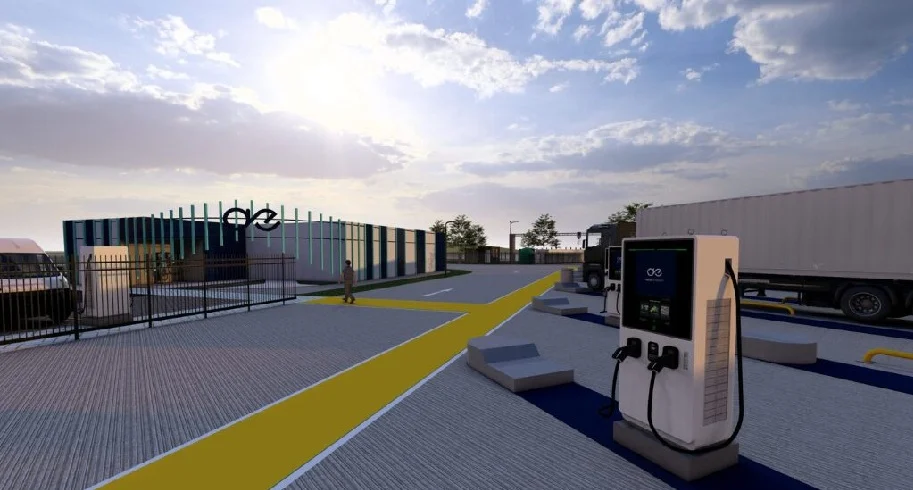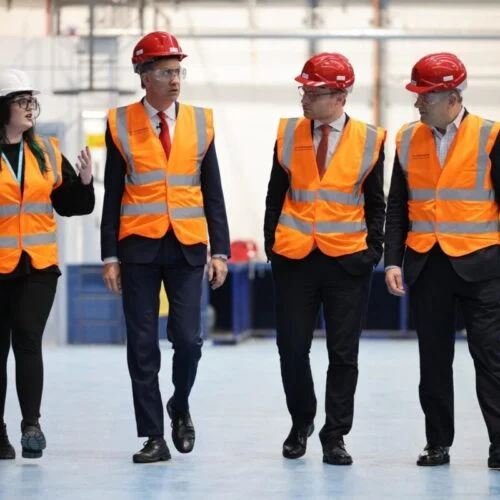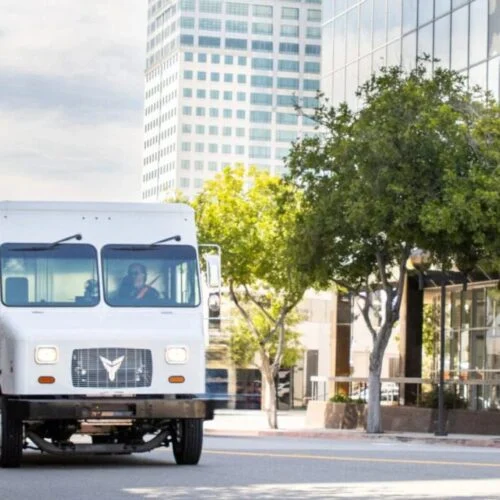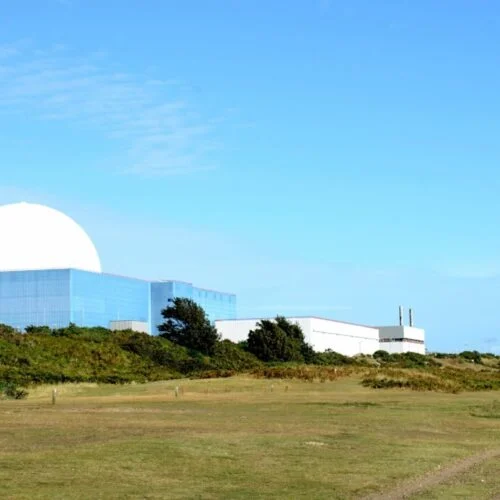Future of roads minister Lilian Greenwood has confirmed that the government and industry are expected to install over 100,000 EV chargepoints “in the coming years”.
The government will target ‘local’ chargepoints, onstreet chargers that enable EV drivers without a driveway to charge their EVs on the street near their home. These will be delivered with existing government funding from the £381 million Local Electric Vehicle Infrastructure (LEVI) fund.
Future of roads minister Lilian Greenwood said: “This government is powering up the EV revolution by rolling out a chargepoint every 29 minutes and our support to roll out over 100,000 local chargepoints in England shows we’re committed to making even more progress.”
The commitment to 100,000 chargepoints comes after the government’s Spending Review 2025, which allocated a £2.6 billion investment will go to decarbonise transport, including £1.4 billion to support the continued uptake of electric vehicles, including vans and HGVs, and £400 million to support the rollout of charging infrastructure.
It also seems that the Rapid Charging Fund (RCF) has been scrapped, with the capital allocated to it, which has been untouched since it launched in 2020, likely redistributed as part of the £400 million for infrastructure.
It also follows chargepoint operator (CPO) Believ securing a £300 million investment facility to roll out 30,000 new public chargepoints across the UK; Greenwood last week visited one of Believ’s sites in Exeter to mark the announcement.
The government expects that £6 billion in private investment will see tens of thousands of EV chargepoints installed across the UK by 2030.
EV charging across the UK
Investor-operator of public EV charging infrastructure Zest has opened a new facility in Clacton-on-Sea that offers six charging spaces ranging from 22kW up to 160kW. The new hub is part of Zest’s growing network of local charging across the UK.
The company recently partnered with EV, fuel and business expense payment firm Allstar to bring its 1,300 charging spaces onto Allstar’s network. Fleet drivers can access the charging points through the Allstar Co-Pilot app.
To support commercial fleet electrification, Aegis Energy and Cloudics announced a partnership to rollout 30 clean fuel sites.
The hubs are specially designed for use by commercial fleets, offering a combination of electric charging, Hydrotreated Vegetable Oil (HVO) fuelling, hydrogen, and bio-CNG. They will feature bookable charging bays, round-the-clock security and driver amenities.
Cloudics is an energy management platform from software provider Astro Baltics and the partnership will see it operate the 30-hub network. The fully cloud-based platform centralises services such as site management and logistics, chargepoint operation and mobile payments, into one ecosystem.
This will enable Aegis to integrate new technologies and partners to the hub. At the end of January, Aegis Energy received investment from Quinbrook Infrastructure Partners to kick off the construction of clean, multi-energy recharging and refuelling facilities for commercial vehicles.
The company’s director of business development spoke to Current± in February about its vision to decarbonise “the hardest industry to abate”.






